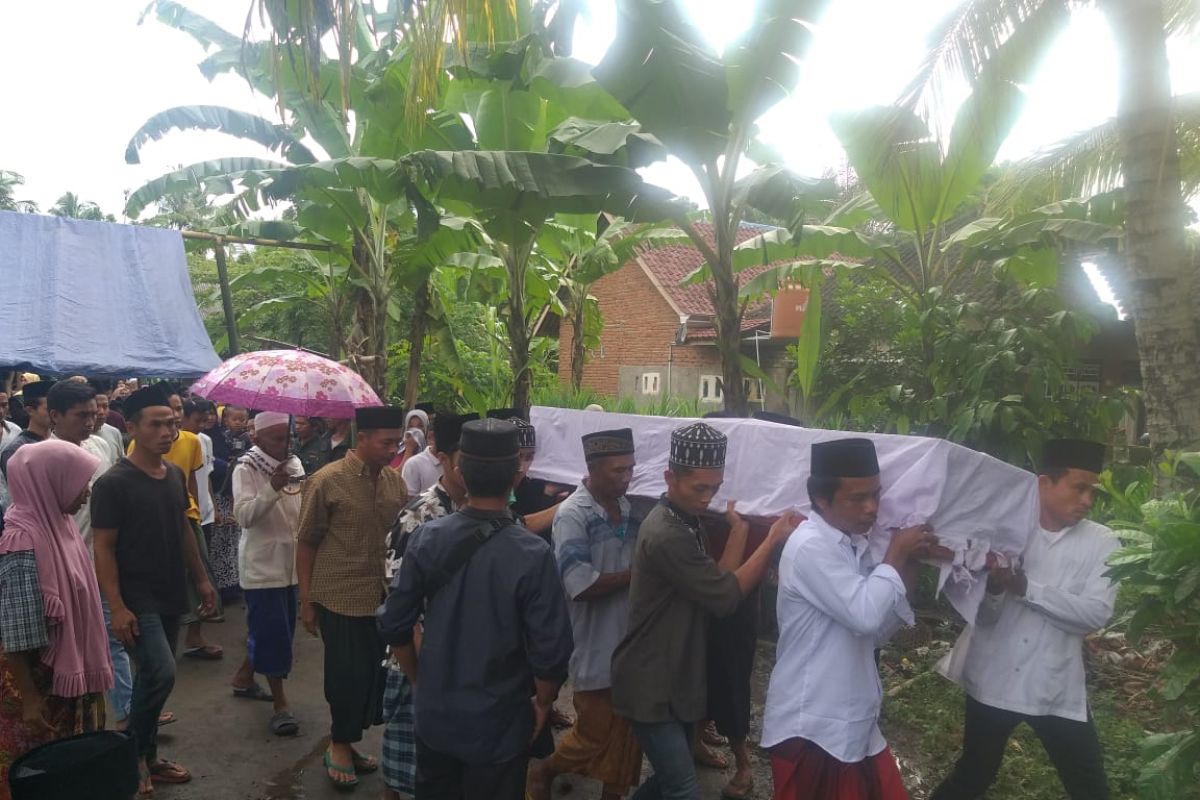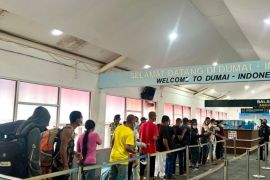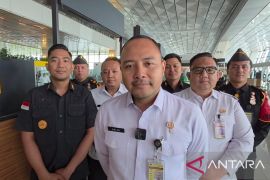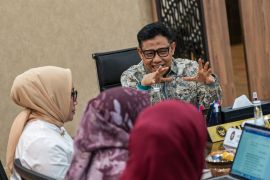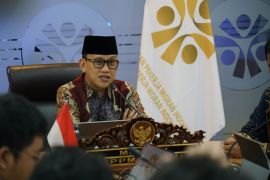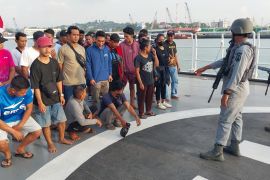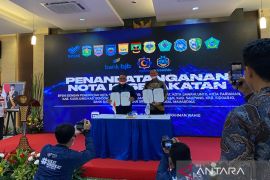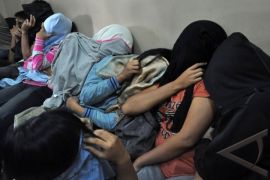Migrant workers choose the illegal route, as the process is quicker than that of the official path that necessitates a lot of paperwork and months of waiting.
The illegal way only requires a certain sum of money to purchase a ticket to enter Malaysia via sea from Batam to the Johor waters of Malaysia, although it is dangerous and life-threatening.
The allure of a higher pay that prospective illegal migrant workers will receive also makes them overlook the legal option because if they are undocumented, they do not have to pay the monthly tax to lengthen the validation of their documents.
Avoidance of taxes also tempts some migrant workers, who were documented, to flee to find a job different from their previous approved workplace.
One of the former migrant workers, who had used the illegal path, was AB, 40, a resident of Praya City, Central Lombok. He said, he flew to Batam and met a Malaysian individual agent (tekong), who had been waiting for him, as AB's friend in Malaysia had instructed.
Thereafter, he and other PMIs rode a boat at night through an unsupervised route at 3 a.m. local time to the Malaysian waters.
However, the group was alighted at a distance from the beach, so they had to swim against the swamps whilst carrying their clothing on their head. The journey led them to cross plantations to a village where there were going to stay.
"After arriving in Malaysia, someone was waiting to give us directions to the shelter," AB noted.
AB said he could receive a monthly income of Rp7 million, which doubles the official salary rate of Rp3.5 million.
"(Our lives) were on the line. If we could not swim, we would drown. (For that), I do not dare to use illegal routes anymore. It is better to have a smaller pay than facing a big risk," AB emphasized.
The organizers of these illegal migrant workers have a special connection. Several workers have worked for a long period and some are invited by their friends or families working in Malaysia.
However, distress would set in when a crackdown occurs. They have to run and hide in a palm oil plantation in case patrolling in conducted.
"The feeling of alertness always exists, (especially) when the Malaysian Government conducts a crackdown," AB added.
It is expensive
An official, involved in sending migrant workers legally, M. Samsul, did agree to what AB had said. Several illegal migrant workers enter Malaysia on boat from Batam, Riau Islands, crossing tiny routes on the sea.
"Some of the migrant workers enter Malaysia with a tourist visa or legitimately but escape after they arrive," he added.
Migrant workers, who use illegal routes, are usually those who cannot enter Malaysia, as they had problems with their passport documents, so they opted for an unlawful but faster track.
He noted that several of them had requested to be sent illegally, as long as they can enter Malaysia despite the recent grim case of a migrant worker, who died in the waters of Johor.
"All this time, I sent PMIs lawfully. The other way is too risky," he stated.
The same applies for workers arriving in Malaysia as tourists, where they would be picked up by their relatives.
Furthermore, Samsul explained that the high salary offered to migrant workers is owing to the manpower deficit in Malaysia during the COVID-19 pandemic.
On the other hand, he stressed that lawful migrant workers are given instructions to work well and some knowledge that they can receive easier help if there are disputes and health insurance.
"If they are illegal, they do not get health insurance, such as what happened to a villager from Barebali, who passed away in a sea accident," he explained.
When illegal workers have landed a job in Malaysia, another problem arises, as the fee to return home is expensive, around Rp10 million to 15 million. If they do not have sufficient money, they are arrested and can only be repatriated after deportation.
"Going home takes Rp10 million," another illegal migrant worker, who is still working in Malaysia, S, told ANTARA.
Unlicensed migrant workers drown in sea
Three migrant workers from Central Lombok District drowned to death in a sea accident in the waters of Johor, Malaysia, while traversing the illegal route on Wednesday, Dec 15.
They drowned after being told to get off the boat and swim 500 meters to reach a beach. During the process, they were swept away by the waves, with some having lost their lives while some reportedly survived.
The Indonesian Migrant Workers Protection Agency (BP2MI) official of West Nusa Tenggara, Cahyaning Widi, pointed out that based on the statement of the surviving Indonesian citizen, the group was transported by a boat but were forced to disembark at a point that was 500 meters from the beach.
"During the incident, the passengers' luggage, such as wallets, passports, and mobile phones, went missing," he stated.
On the other hand, one worker, who could swim, had navigated through perilous waters, while the others, who could not swim well enough, were swallowed by the hostile waves.
"They died at sea," Widi stated.
Thereafter, a local authority will inspect the two surviving Indonesian citizens and proceed with the case to the court before deporting them to Indonesia.
"They are still undergoing inspections," he added.
Earlier, in the shipwreck disaster, 50 Indonesian citizens, who would serve as migrant workers in Malaysia, died when the ship carrying them sank in the middle of the sea. Some 11 people were found dead, 14 people survived, and the condition of 25 others was unknown.
Five workers from East Lombok District were reported missing due to drowning. In addition, three workers from Central Lombok also got embroiled in sea accidents due to extreme weather and were found stranded in the waters east of the Peninsula around Mersing and Tanjung Bedil, Johor, Malaysia.
The bodies of the illegal migrant workers had been returned home and sent to their families by the Indonesian Government to be buried in the villages of Barebali and Montong Terep.
Related news: RI-Malaysia discussions prioritize MoU on migrant workers' protection
Related news: Indonesia, Malaysia agree on migrant worker single-channel placement
Related news: Local, central govt must synergize for repatriation of migrant workers
Translator: Akhyar R, Kenzu T
Editor: Sri Haryati
Copyright © ANTARA 2021
